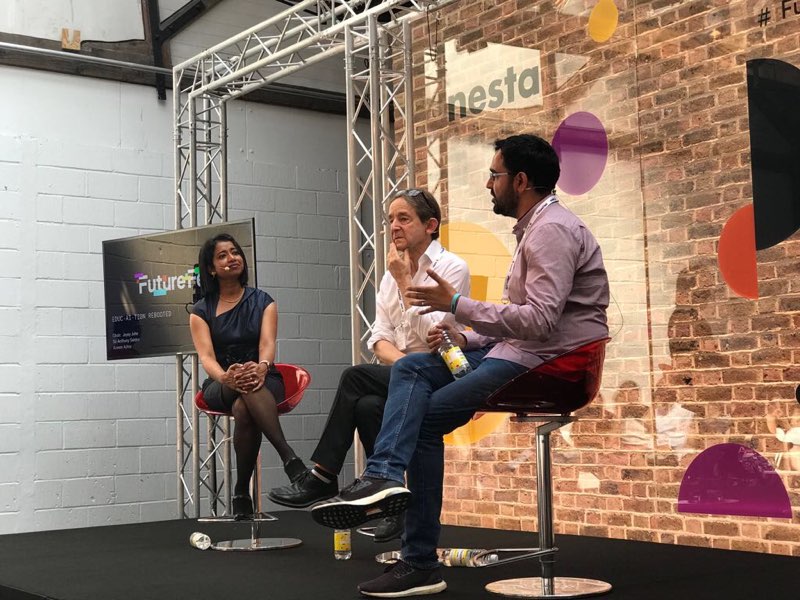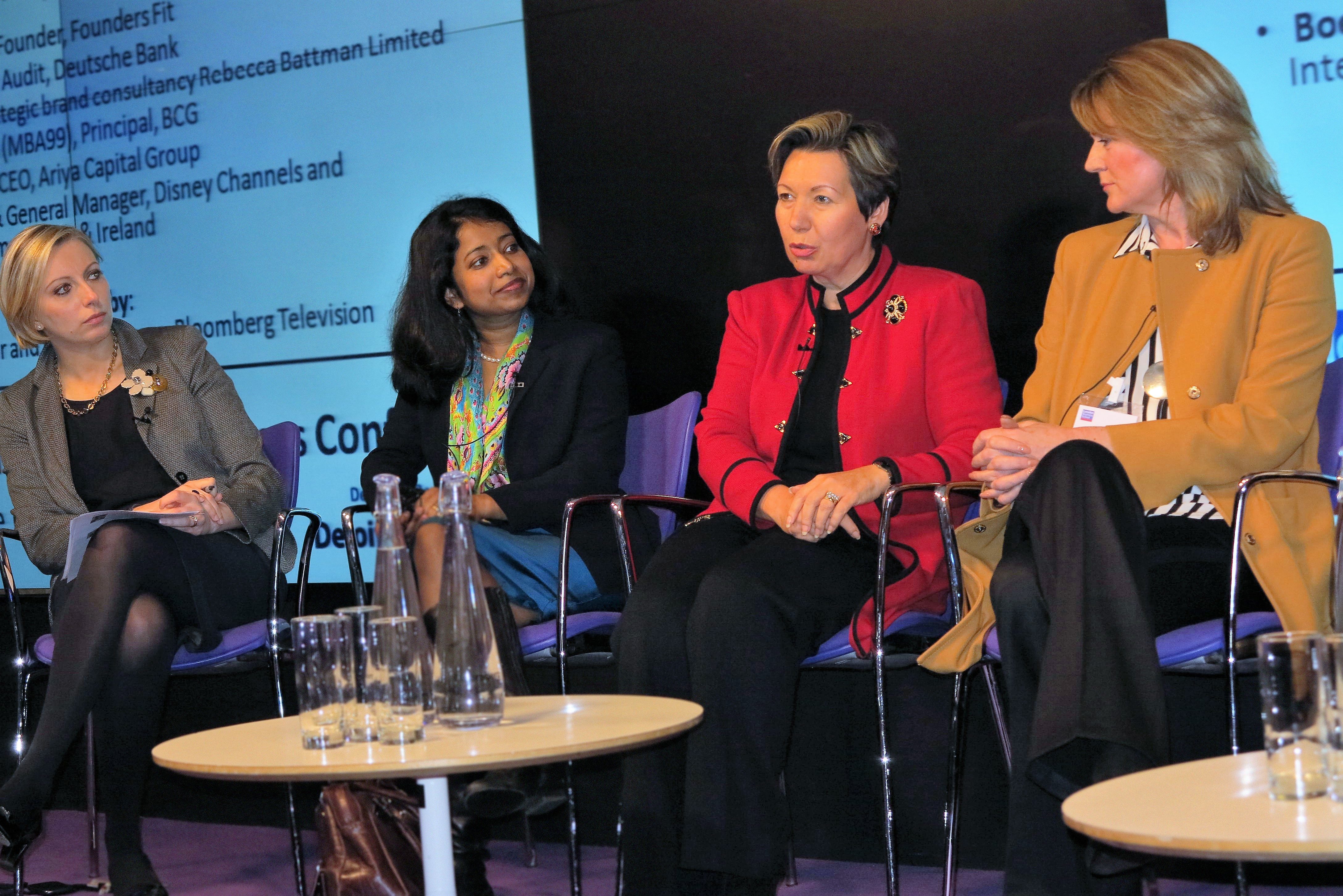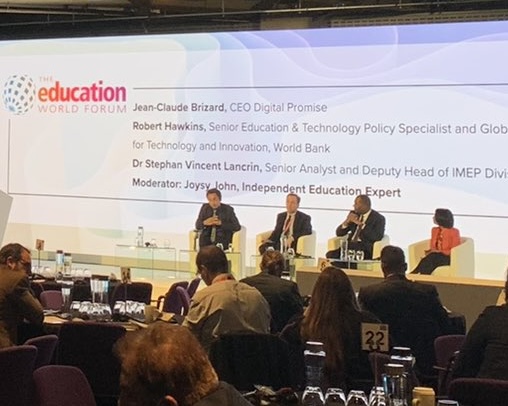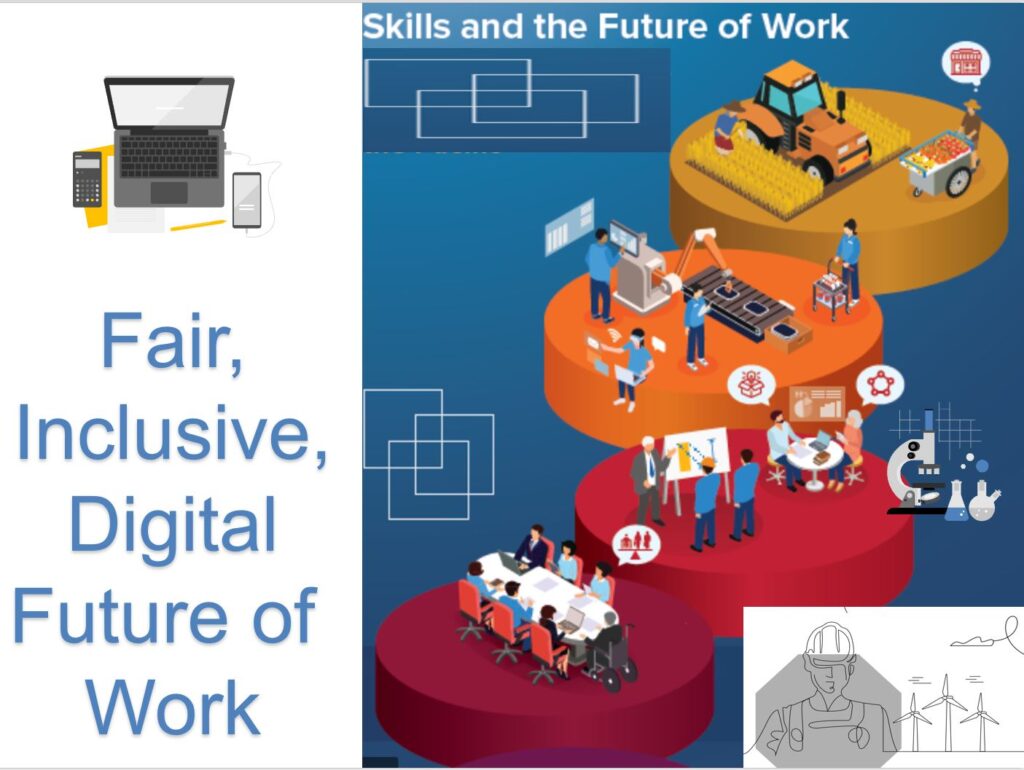How to make Computer Science more engaging, relevant and accessible?
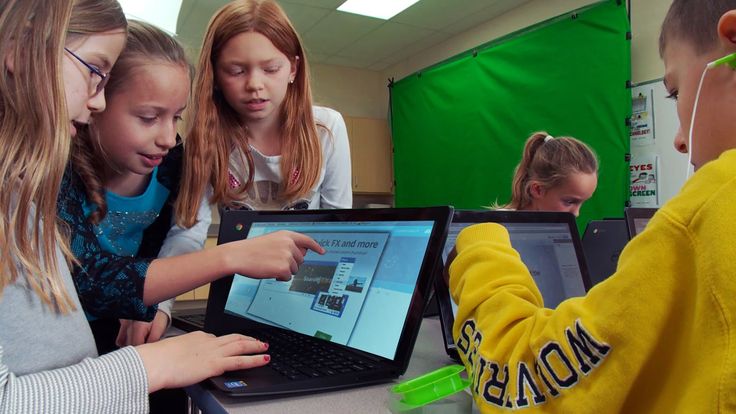
Computer science is evolving at a much faster pace than a rigid school curriculum can keep up with. By the time students graduate, the digital skills needed for future jobs would be very different. Back in 2014, the broad subject of Computing – covering the three vital areas of Computer Science, Digital Literacy and Information […]
Read More How to make Computer Science more engaging, relevant and accessible?
